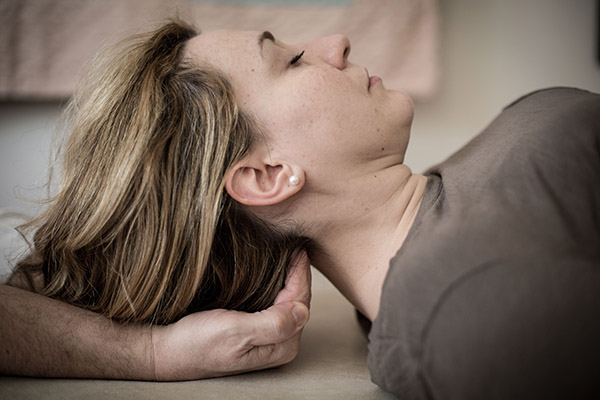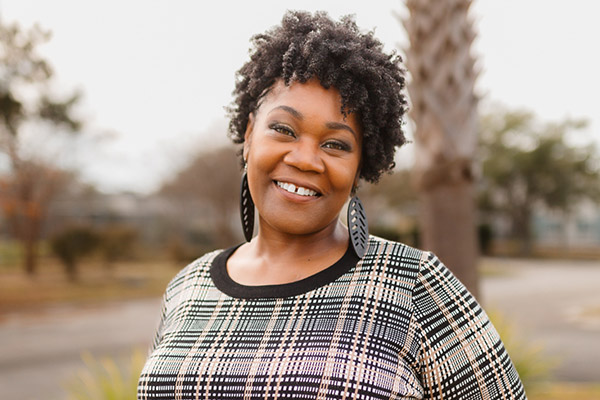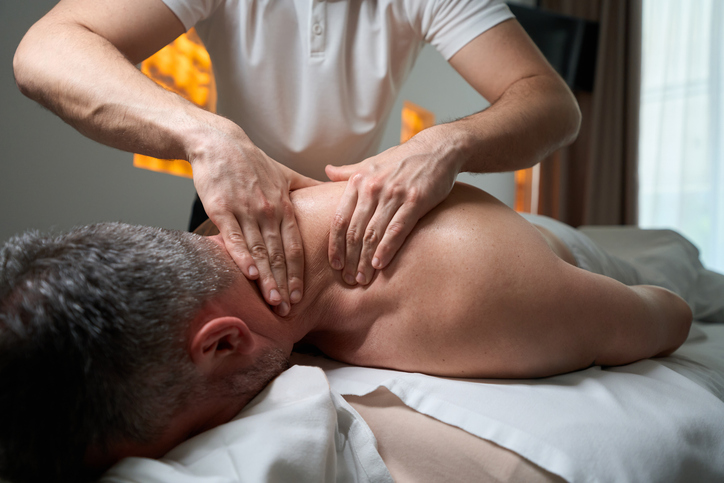
What is CranioSacral Therapy? CranioSacral Therapy (CST) is a light-touch manual therapy that addresses tension affecting the craniosacral system in order to enhance self-regulation. The craniosacral system is composed of the bones, soft tissues, and fluid around the brain and spinal cord.
Osteopath Dr. John E. Upledger pioneered the teaching of this work to non-osteopaths, giving manual therapists of all kinds the opportunity to learn and incorporate this gentle and profound therapy into their practices.
How can CranioSacral Therapy help with stress relief? Stress is a normal and often healthy experience, as long as the body is able to return to a state of equilibrium following a stressful event. Trouble arises when the body’s ability to balance has been compromised for whatever reason. CranioSacral Therapy helps enhance the body’s drive toward balance using a soft, gentle touch that helps the practitioner tune into subtle movements in the body that guide their work.
There’s another benefit to this work worth mentioning. Rather than driving change, CranioSacral Therapy invites change. Ultimately, the client sets the direction and pace of the work. This, combined with the trust the practitioner models in the body’s ability to self-regulate, has the potential to create a rather empowering experience for clients.
Which CranioSacral Therapy techniques are helpful to address stress? Because CranioSacral Therapy supports balance or homeostasis, any of the techniques can help facilitate a healthy response to stress. However, if we could suggest one technique to address stress, it would be Still Point Induction.
To induce a still point, the therapist gently brings the craniosacral rhythm to a perceived therapeutic stop. Dr. Upledger found that the CV-4 (a still point induced at the head with a specific hand placement) significantly addressed sympathetic nervous system tone, which means it can certainly help clients return to that state of equilibrium.
Still points in general are very relaxing and pleasant and can be induced from anywhere on the body. This is an all-around effective technique for clients, especially those in stress.
About Upledger Institute International
Upledger Institute International, named for the developer of CST, is recognized worldwide as the leading provider of CranioSacral Therapy educational programs, advanced treatment options, and products.
For more information on Upledger Institute International and CranioSacral Therapy classes, visit Upledger.com.



